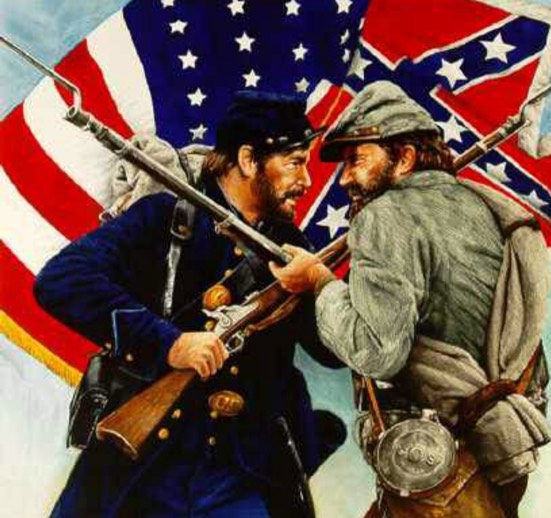Sign up for FlowVella
Sign up with FacebookAlready have an account? Sign in now
By registering you are agreeing to our
Terms of Service
Loading Flow


Civil war 1861-1865

Economy surrounding this period:
The American economy was in transition during the civil war the north was transitioning to an industrial economy while the the south was far behind and was still in agriculture. The main crop in the south was cotton. Southern states produced two-thirds of the world's supply of cotton, the South had little manufacturing capability, about 29 percent of the railroad tracks, and only 13 percent of the nation's banks. The South did experiment with using slave labor in manufacturing, but for the most part it was well satisfied with its agricultural economy.
The Southern lag in industrial development did not result from any inherent economic disadvantages. There was great wealth in the South, but it was primarily tied up in the slave economy. In 1860, the economic value of slaves in the United States exceeded the invested value of all of the nation's railroads, factories, and banks combined. On the eve of the Civil War, cotton prices were at an all-time high. The Confederate leaders were confident that the importance of cotton on the world market, particularly in England and France, would provide the South with the diplomatic and military assistance they needed for victory.